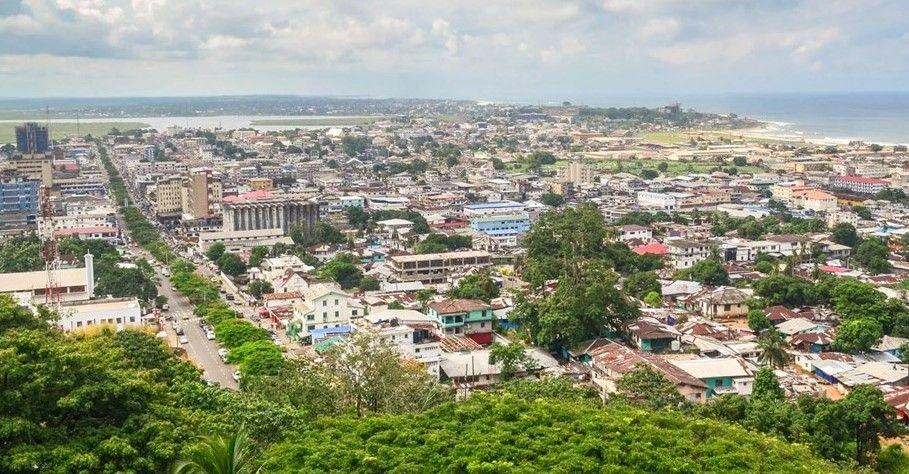
Cost of Living in Monrovia in Liberia for Expats on International Assignments
2025-04-01
The cost of living in Monrovia can be high, especially for imported goods and certain services. Housing, utilities, and imported foodstuffs are among the more expensive costs faced by residents, while local produce and services can be more affordable.
Monrovia, on the Atlantic coast at the mouth of the Saint-Paul River, is the capital and largest city of Liberia with both historical significance and contemporary challenges. Founded in 1822 as a haven for freed American slaves, it bears the name of U.S. President James Monroe, highlighting its unique historical ties to the United States. Today, Monrovia stands as the economic, financial, and cultural heart of Liberia, shaped by its bustling port which plays a pivotal role in the country's economy, mainly through the exportation of iron ore alongside manufactured goods like agro-food products, refined petroleum, and construction materials.
The city's economy, while centered on its port and governmental functions, faces significant challenges, including infrastructural needs and the lingering effects of past conflicts. The job market is primarily driven by the public sector and industries related to the port's operations, with varying opportunities depending on the level of skill and sector. Foreigners looking to work here must navigate the Liberian immigration system, which requires work permits for employment, the complexity of which can vary based on one's home country and professional qualifications.
Culturally, Monrovia is diverse, with many traditions, customs, and languages, reflecting the ethnic groups that call it home. English is the official language, facilitating communication, but various indigenous languages are also spoken. The city is predominantly Christian, with a significant Muslim minority, evidencing a diverse religious landscape. The people of Monrovia are generally welcoming to foreigners, showcasing a community characterized by its resilience and hospitality despite the hardships faced in the past.
Healthcare in Monrovia, while improving, remains a concern with limited medical facilities and specialists. Efforts are ongoing to enhance the healthcare infrastructure, but expatriates and visitors are often advised to have comprehensive health insurance that covers medical evacuation.
The quality of living varies greatly, with areas that show the promise of urban development and others that remind of the city's challenging past. Safety and security have improved but remain issues of concern due to the lingering effects of civil unrest, necessitating cautious optimism among its residents and newcomers alike.
Expatriates and international professionals tend to reside in areas that offer better security and amenities, with some international schools available catering to different curricular preferences, from the American system to the International Baccalaureate. These schools also provide extracurricular activities, although the quality of education can vary.
Monrovia's social scene is vibrant, with a range of recreational activities, entertainment options, and dining experiences, from local Liberian cuisines to international fare. The city's sports facilities, clubs, and community groups offer a slice of life that can be both familiar and uniquely Liberian for expatriates.
Transportation within Monrovia can be challenging due to traffic congestion and the quality of road infrastructure. However, the city is served by the Roberts International Airport, facilitating international and regional travel. Public transportation exists but often lacks the organization found in more developed cities.
The cost of living in Monrovia can be high, especially for imported goods and certain services. Housing, utilities, and imported foodstuffs are among the more expensive costs faced by residents, while local produce and services can be more affordable.
In conclusion, Monrovia offers a complex but enriching experience for those moving there. Its rich history, economic significance, and cultural diversity are tempered by the challenges of post-conflict reconstruction, infrastructure needs, and healthcare concerns. The city, with its friendly populace and evolving social landscape, offers a unique blend of opportunities and challenges for expatriates and locals alike, making it a distinctive place to live and work.
Use Xpatulator’s Cost of Living Calculators and Tools for informed decision-making about the cost of living in Monrovia, Liberia, and the salary / allowance / assignment package required to maintain your current standard of living.